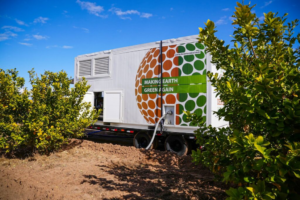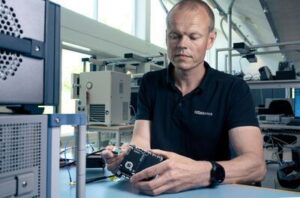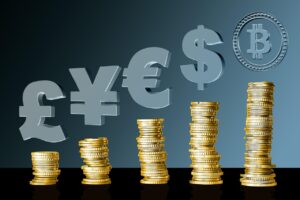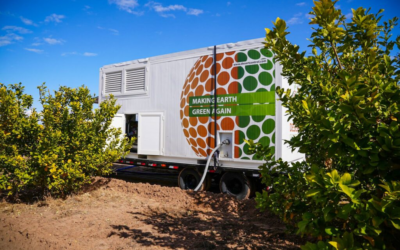A stock in the FTSE-100 that has a dividend yield of more than 10%.
This telecommunications giant currently offers the highest dividend yield in the FTSE 100! But can the double-digit dividend be maintained? Is a dividend yield of more than 10% sustainable?
Like many other indices, the FTSE 100 has fallen in recent months, putting upward pressure on the average dividend yield. But one stock that seems to be an extreme example of this is Vodafone (LSE: VOD). The telecommunications giant now offers the largest shareholder payout compared to any other constituent of the UK’s flagship index. And after a 35% drop in market capitalization over the past year, the P/E ratio is now only 2.0.
Needless to say, it looks cheap. So is this a great opportunity to start building a position? Or is there a good reason why the stock has been sold off?
Bigger is not always better
Vodafone is one of the largest telecommunications companies in the UK and possibly the world. It has made massive investments in Europe and has even started to penetrate the African markets as a digital payment provider through its hugely popular M-PESA platform.
There is no denying that the scale of its activities is impressive. But the cost of this expansion was not cheap. And Vodafone has consequently accumulated a lot of debt over the years.
This was not a big problem in the past because interest rates were so low. But now they are on the rise, the pressure is also increasing. And while its African operations are delivering solid growth, the same cannot be said of its core European markets such as Germany. In fact, sales and profits have shrunk, which understandably scares investors.
Potential for a comeback?
The problems at Vodafone have existed for several years but were largely masked by low interest rates. Now that is no longer the case, some drastic measures are required. So it is encouraging to see the management making such moves. Starts with the appointment of a new CEO, Margherita Della Valle.
Della Valle has been with the company since 1994 and has worked his way up through the ranks with much experience in C-Suite as CFO. Looking at her strategy, all eyes are on Germany, securing new contracts and streamlining operations to resume growth and stabilize profitability.
Job cuts have already been announced, with more to come, as well as signing a new contract with 1&1 Moblifunk. So there are some early signs of progress. But with Vodafone’s problems deeply rooted throughout the organization, it will take time to reflect these benefits in the financial results.
To buy or not to buy?
It’s not the first time Vodafone has tried to right the ship, but its track record may not be that impressive. It may be worth following the stock, but until there are clear signs of a turnaround, it is probably too early to buy the stock.
Buying Vodaphone
Trading shares on the London Stock Exchange has long been a major problem for Swedish investors. Swedish
Nordnet
however, offers the possibility to buy shares included in the FTSE-100.
About the Viking
With Viking’s signals, you have a good chance of finding the winners and selling in time. There are many securities. With Viking’s autopilots or tables, you can sort out the most interesting ETFs, stocks, options, warrants, funds, and so on.
Click here to see what Vikingen offers: Detailed comparison – Stock market program for those who want to get even richer (vikingen.se)













